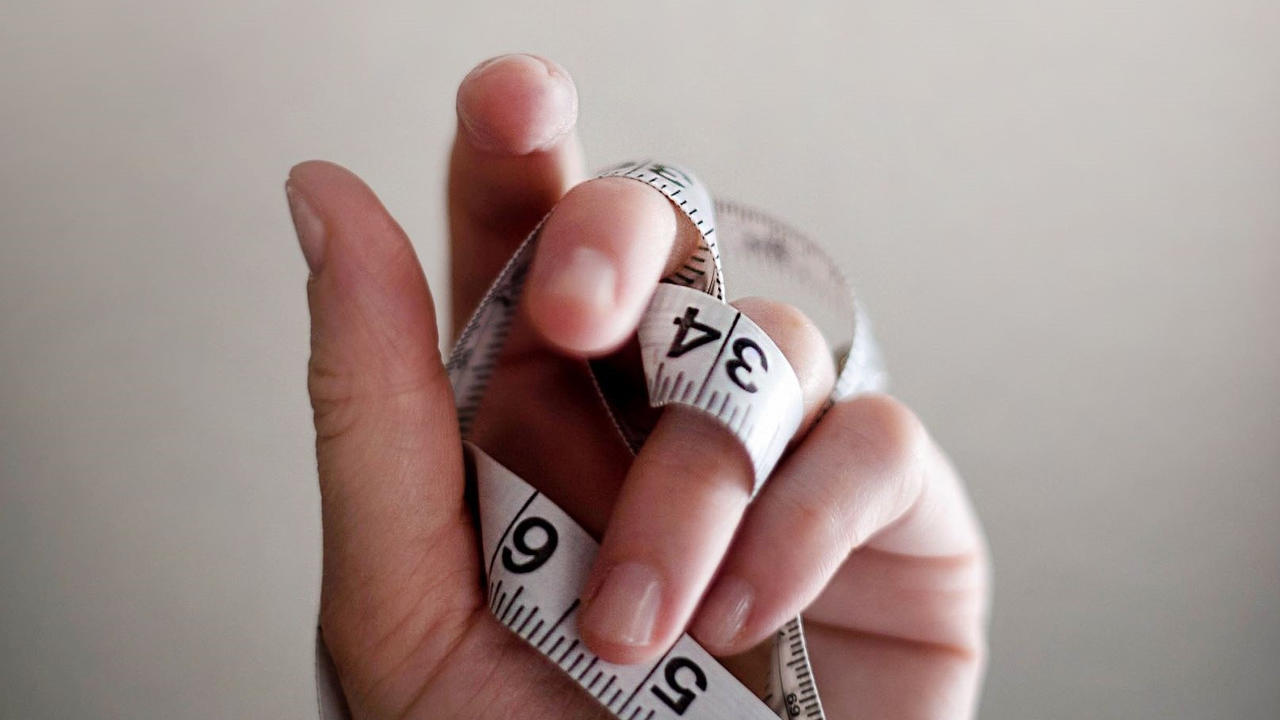Why weight gain in menopause is not your fault.

Ever feel alone in the weird changes that seem have overtaken your body now that you’re over 50? You may be comforted to know that another 6000 women a day are starting the journey of menopause. The first stage in the process is called perimenopause and is the time when women may begin to experience symptoms (e.g., hot flushes, mood changes) that carry on until you have not had a period for 12 consecutive months (post-menopause). The number of postmenopausal women in the world is expected to reach 1.2 billion by 2030.
The changes in our body
At midlife, our hormones and metabolism change significantly. Along with increased chronic disease risk, weight gain can be an unfortunate side-effect. Weight gain in menopause and post-menopause is a significant issue. Between the ages of 40 to 60, 70% of women are overweight.
Researchers argue that the physiological changes that occur at menopause are less likely the cause of weight gain and that the more the gradual changes in lifestyle are more likely to blame. Many women decrease their levels of physical activity, have less lean body mass, and lose the calorie-burning impact that previously occurred in the second phase of the menstrual cycle. Having less lean body mass means fewer calories burned overall.
Some other significant reasons that you are more likely to have gained weight during this transition are:
1. When your menopause started. If you were younger than average (50 or younger) when your menopausal symptoms began, you are more likely to have gained weight. When estrogen levels are lowered early, your lean body mass drops sooner, and fat mass tends to increase.
2. Where your fat is stored. Your fat mass redistributes, and not always in a good way. Postmenopausal women tend to have a higher amount of upper body fat as opposed to lower body fat. My mother explained this to me as, “Your bum suddenly trades places with your stomach.” If you already stored fat around your waist, this tends to compound during menopause.
3. The state of your mental health. Women at menopausal age tend to have higher levels of stress and depression. Fluctuations in mood can lead to “stress eating.” In fact, women in menopause and postmenopausal women are at the highest risk of overeating due to negative mood.
4. How physically active you are. Women at menopausal and postmenopausal age who are regularly physically active are much less likely to gain weight compared to their sedentary counterparts. Physically active women tend to not only burn more calories throughout their day, those with higher levels of lean body mass tend to have better calorie burning even at rest.
5. Your rate of calorie burn during exercise. Women at menopausal age have a decline in aerobic capacity. Aerobic capacity can be represented as a measure of the rate that someone can expend energy when they are exercising. When we are doing exercise when we are younger, our energy expenditure can increase by 8-10 calories per minute during exercise. Energy expenditure drops to about 6-8 calories by middle age. Women who had previously used a certain amount of regular exercise to maintain their weight will now find that they need to increase the time or intensity of each session to get the same results.
6. Your fibre intake. Researchers found that women who ate less than 10 grams of fibre per day were more likely to gain weight during the menopausal and postmenopausal transition.
7. Your history of dieting in the past 20 years. In one study, women who had had a history of intentionally losing ten or more pounds in the past 20 years were more likely to gain weight during the menopausal years.
Fortunately, a few simple changes are all that is needed to manage the weight gain and take back control of your health.
Your sister in health,

Learn how to love your Midlife
I have a limited number of spaces for new coaching clients. Get personalized support to manage weight, build strength, and improve your confidence to help you live your very best midlife.
We hate SPAM. We will never sell your information, for any reason.


